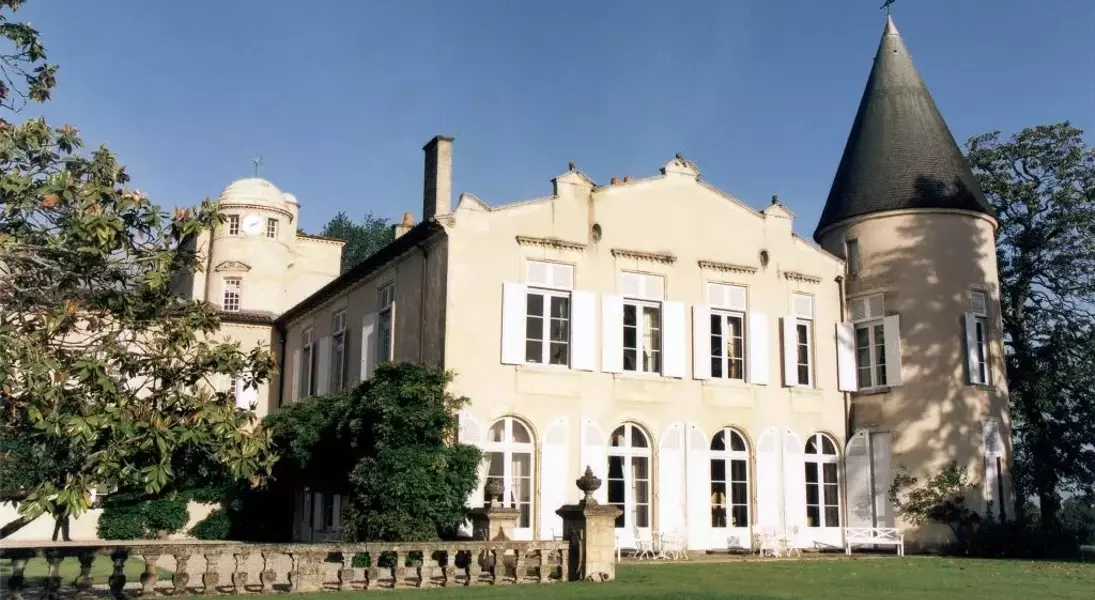
The renowned wine estate Château Lafite Rothschild has made headlines by pricing its 2024 vintage at parity with its 2014 release. This strategic decision positions the 2024 vintage as the most affordable offering from Lafite currently available on the market, a move that has been mirrored by other estates such as Duhart-Milon and Branaire-Ducru. The release price of €288 ex-negociant translates to £3,426 per case in London, marking a significant discount compared to previous years. Additionally, other notable chateaux have also introduced their 2024 vintages at lower rates, aiming to attract buyers amid fluctuating market conditions.
In a bold step towards affordability, Château Lafite Rothschild has set the tone for the 2024 vintage releases by aligning its prices with those of a decade ago. According to market experts, this pricing strategy reflects an approximately 20% reduction compared to the 2013 vintage. Moreover, the ongoing selling price in London has seen a dramatic decrease of about 30% compared to the 2023 release and over 50% less than the 2022 price. These adjustments come as part of a broader trend among Bordeaux estates seeking to reposition themselves in a competitive market environment.
Following suit, Château Branaire-Ducru unveiled its 2024 vintage as one of its most budget-friendly options since 2013. Priced at €26.5 per bottle ex-negoce, it is accessible for £318 per case in London, reflecting a substantial discount from the previous year's launch. Similarly, Château Gruaud Larose introduced its 2024 vintage at €43.2 per bottle ex-negociant, translating to £516 per case in London—a move that represents a nearly 28% markdown from its 2023 opening price. Such reductions underscore efforts by these estates to appeal to both collectors and casual wine enthusiasts alike.
Meanwhile, Château Duhart-Milon's 2024 release came at €45.6 per bottle ex-negociant, priced at £552 per case in London. While representing a considerable decline from the prior year’s rate, analysts suggest that post-release performance might not fully justify the investment potential due to underwhelming track records. Consequently, alternative options may provide better value propositions within the same price range. Alongside these major players, smaller estates like Château Chasse-Spleen, Giraud, and Filhout have also contributed to the wave of new releases earlier this week.
This series of strategic price adjustments signals a shift in how prominent Bordeaux estates approach the global wine market. By recalibrating their offerings, they aim to maintain relevance and desirability while catering to evolving consumer preferences. As more chateaux adopt similar tactics, the overall landscape of fine wine trading continues to transform, inviting greater participation from diverse audiences worldwide.
